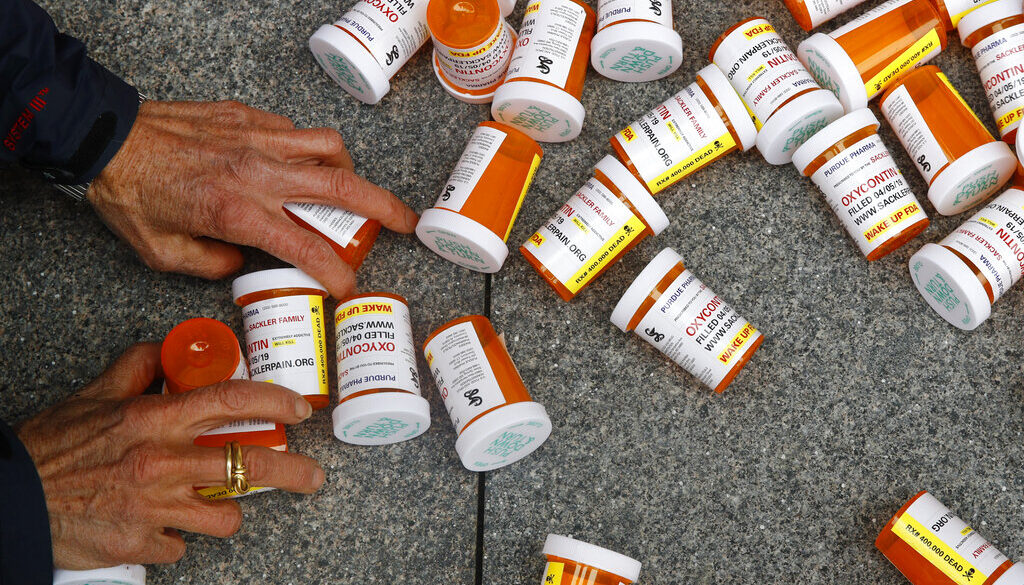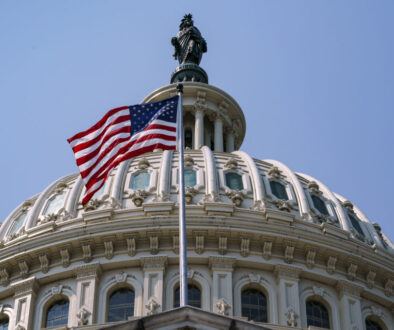BUDD: Making a difference in the opioid crisis
It has become clear that after years of progress, the COVID-19 pandemic has aided in the opioid crisis spiraling out of control once again. Last year, the Centers for Disease Control and Prevention reported a record high of 93,331 drug overdose deaths. The vast majority of those deaths were related to opioids. Given the immense human suffering that swept through the country due to opioid overdoses, it is imperative to act quickly to prevent this crisis from gripping more Americans in addiction.
First and foremost, we need to help create off-ramps from addiction, and that starts with making certain treatment drugs available to as many individuals as possible. A key tool used by first responders and law enforcement officers to help someone who is in the midst of an overdose is the drug Naloxone. Earlier this year, Pfizer announced that a manufacturing issue caused the company to halt production of Naloxone and they couldn’t restart production until 2022. The University of North Carolina’s Gillings School of Global Public Health estimated that the shortage of this treatment could result in about 1 million fewer doses, potentially leading to 18,000 more overdose deaths. The seriousness of this situation necessitates action. I sent a letter to Pfizer’s Chairman and CEO Albert Bourla asking him to work with Congress to identify solutions to expedite the restart of Naloxone production.
There are also legislative solutions to quickly provide treatment to those who need it. The Mainstreaming Addiction Treatment Act is a bipartisan bill that would remove the outdated regulation restricting access to buprenorphine, one of the most widely-used medications to treat opioid addiction.
I co-sponsored the State Opioid Response Grant Authorization Act. This bipartisan bill will expand the State Opioid Response Grant Program to include the battle against all substance abuse and extend the program until 2027. This program is particularly important in our state. The North Carolina Department of Health and Human Services used $35 million from this program to fight the opioid crisis in 2020. Late last month, after a legislative push by me and my colleagues, this bill passed the House. I hope to see it become law very soon.
There are several other potential solutions that I’m working on in Congress and I intend to make sure that these bipartisan solutions receive a vote. Back in August, I sponsored a bill that would permanently classify the deadly drug Fentanyl as a Schedule I substance. This bipartisan bill would give federal and state authorities more options to fight the spread of this lethal drug.
Another avenue to tackle this crisis is to target bad actors who attempt to “pharmacy shop” and stock up and deal in controlled substances. The Opioid Prescription Verification Act would create statewide reporting systems that help pharmacists identify and report criminals who perpetuate addiction and ruin lives.
Substance abuse has affected thousands of people, damaged families, and devastated communities across the country. The cost of the opioid crisis can be measured in lost dreams, lost potential, and in the tragic loss of human life. So I will continue to do everything I can to support initiatives that help the heroes in our community fight substance abuse every day.
 Twitter
Twitter Facebook
Facebook Instagram
Instagram


